|
The wildfires in California have been front and center in the news the last few weeks. we wanted to share some important disaster preparedness info. The ASPCA has put together a comprehensive list of items to include in your disaster preparedness kit. Here is a list of recommendations:
Here are a couple of emergency/travel kits available: Wild firesAshley and I live in California and the fires, although 200+ miles from us, is effecting us in many ways. The most immediate impact was in air quality here in the SF Bay Area. The last week, the air quality has been hazardous in several locations. People and animals are suffering from respiratory issues even if they normally don't. For those with chronic respiratory issues, this last week or two has been very hard. We've had pet parents calling to change medications for our bronchitis and asthma pets. Make sure to communicate with your vet if anything changes. For the veterinary community, we've been hit hard in the need for medical care for animals displaced by the fires. Many volunteers with the California Veterinary Medical Reserve Corps (CaVMRC) were deployed to help the thousands of cats, dogs, horses, and other animals displaced by the fire. Volunteering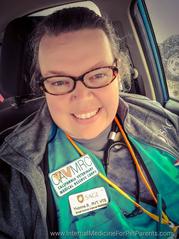 If you're a veterinary professional there are many ways to volunteer or help out during disasters. I was honored to be a part of CaVMRC and spend a day off helping animals in need effected by the Carr Fire in Northern California November 2018. The Chico Municipal Airport was the hub for the CaVMRC deployment since the day the fire started. The CaVMRC transformed several of the airport's buildings into make-shift treatment rooms, isolation wards, housing, and communication hub for the over 2700 animals effected by the fires. The day started with a briefing held by Dr. Jay Kerr, a veterinarian who has worked closely with CaVMRC the last several years, to orient us to what needed to be done for the day. One group of volunteers left to go to one of the many shelters, another was assigned to the dog rooms, and another to work with the cats. Four of us went to work with the cats, two veterinarians and two technicians. The cat building was small with 12 separate rooms. Each room was stacked with kennels housing cats. It was overwhelming to see so many cats displaced by the fires. They were used to spending time roaming their neighborhoods or being properly pampered at home, not being in a room full of cats in small kennels. Thankfully, they seemed to know we were there to help and they wanted attention from us. I spent the day medicating cats with stuffy noses from both upper respiratory infections and smoke irritation, giving meds for stress induced diarrhea, and giving an appetite stimulant for the cats not eating because they weren't at home. I had the privilege of helping one cat who needed her bandages changed. She was almost healed thanks to the volunteers working with her every day since she had arrived. She was lucky, there were many cats far worse that had already gone to veterinary hospitals all across Northern California. I couldn't help but wonder where these pets families were. My heart hurts thinking about being separated from my furry family. I can't imagine what everyone is going through. The day I was there was the last day that the CaVMRC was deployed, so I spent a few hours packing up and helping get the donated supplies together to ship out to the clinics still working with animals needing more medical care. Unfortunately there is still need to help the local shelters and clinics treat the animals even though the state organization has gone. If you have time to help in the upcoming weeks, contact the Northern Valley Animal Disaster Group at [email protected] and spend a day or two helping. It's totally worth it! Places to donateThe organizations we recommend for donations:
Are you prepared?We hope this helps you feel a little prepared for your furry kids. Take the time to slowly put together your emergency kit and it will be done in no time. Our hearts are with the families who have lost so much in the wildfires here in California and wish a swift reunion to families and their pets. AuthorYvonne Brandenburg, RVT, VTS (SAIM) is a Registered Veterinary Technician practicing in California and obtained her Veterinary Technician Specialty in Small Animal Internal Medicine in 2016. She is the founder of InternalMedicineForPetParents.com. For more about Yvonne visit her author page here.
Comments
|

Ready to Work Together?
Thank you!You have successfully joined our subscriber list. This website is NOT a substitute for veterinary care with a veterinarian. We recommend you follow the advice and treatment plan as prescribed by your veterinarian, and only after discussing anything found on this website with your veterinarian, with their approval, implementing advice found here.
Most of the information on this site is free for you to read, watch or listen to, but Internal Medicine for Pet Parents is also a business. So please expect hyperlinks to be affiliate links in many cases, where we receive a small percentage of sales if you wish to purchase. We only recommend tools, books and services that we use, or people we know personally. Integrity and authenticity continue to be of the highest importance to us. Read the privacy policy here. We hope you find the site useful! Thanks – Yvonne and Ashley Check us out on Facebook!
Categories
All
Archives
October 2019
|
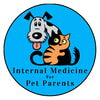
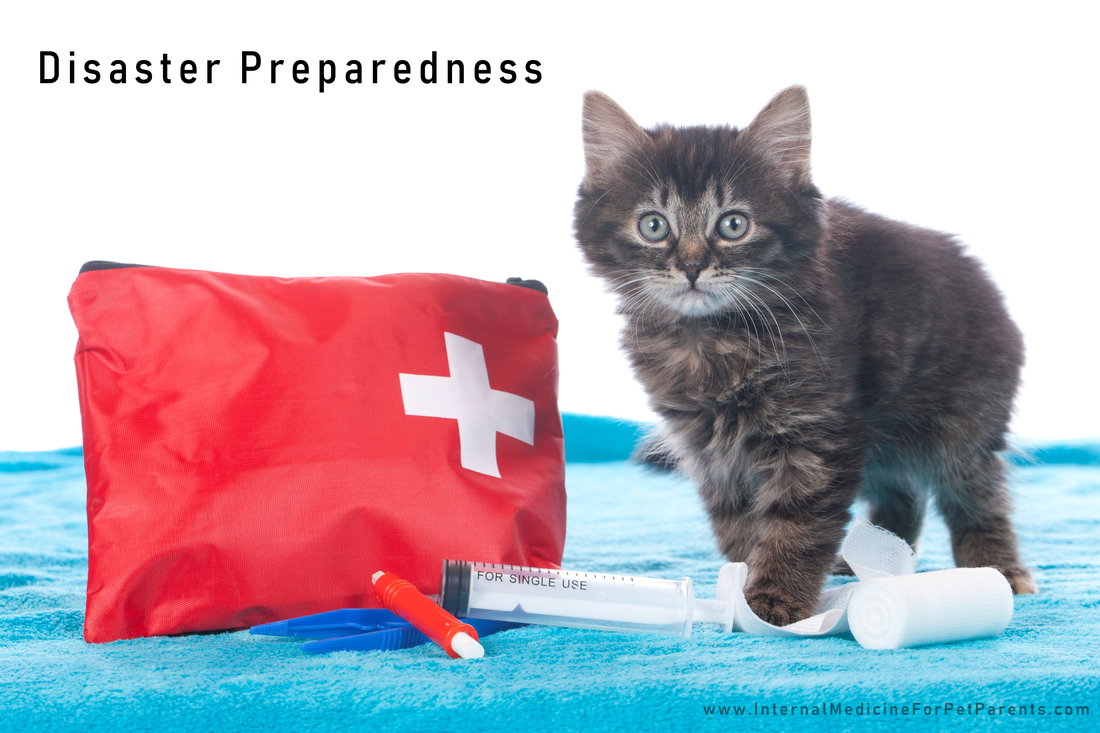
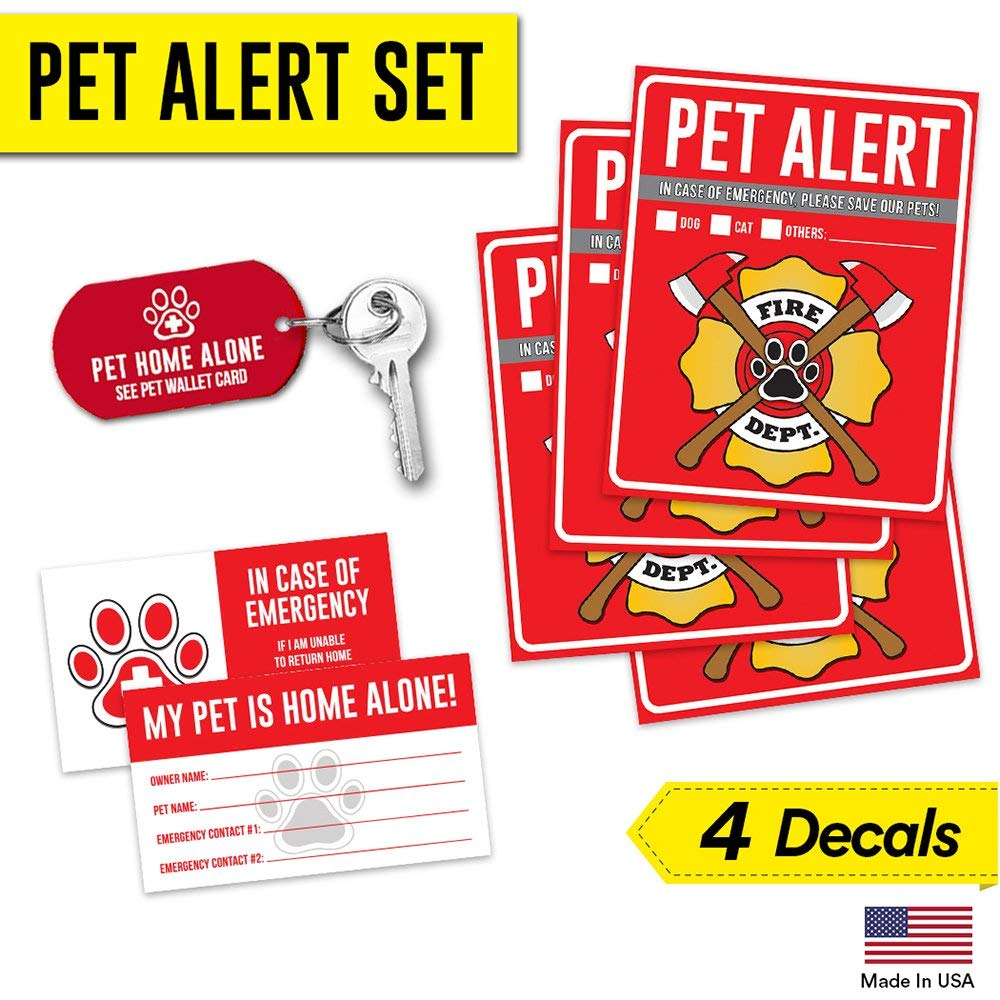
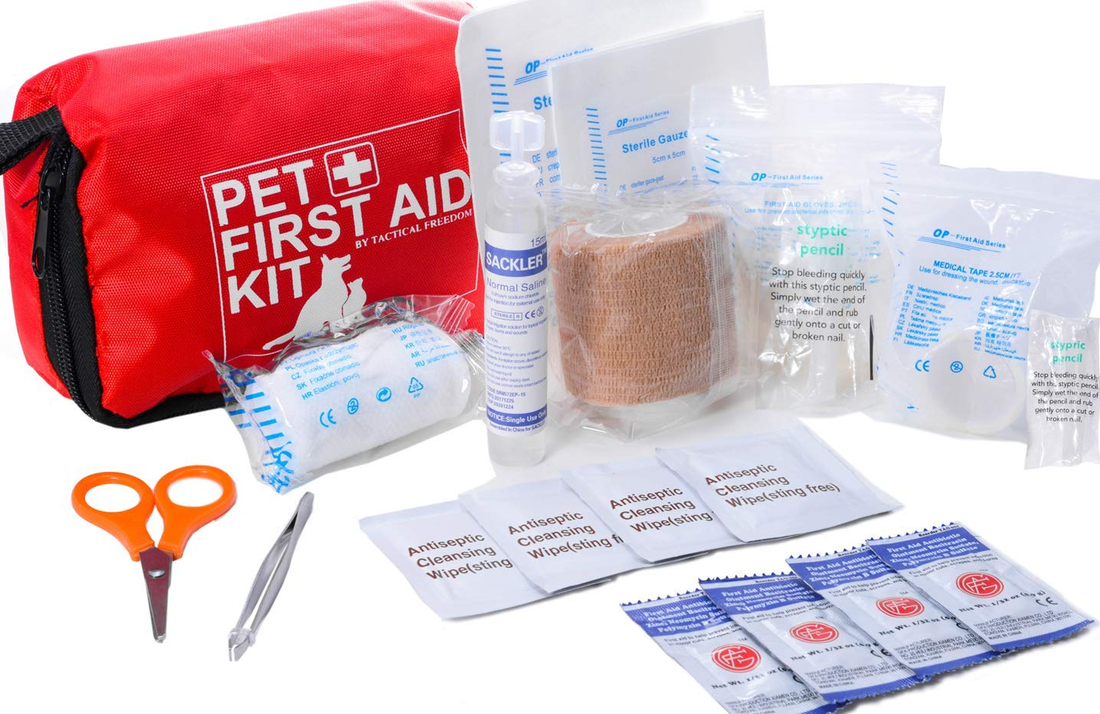
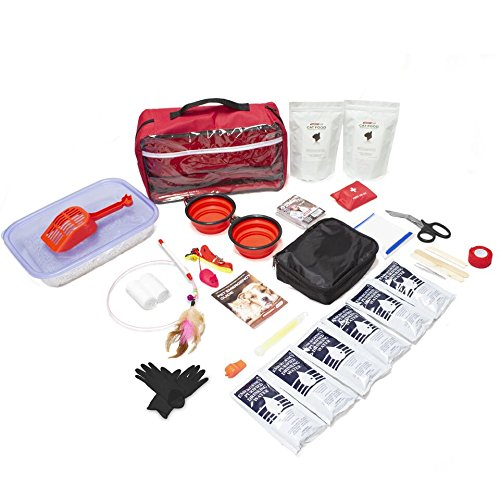
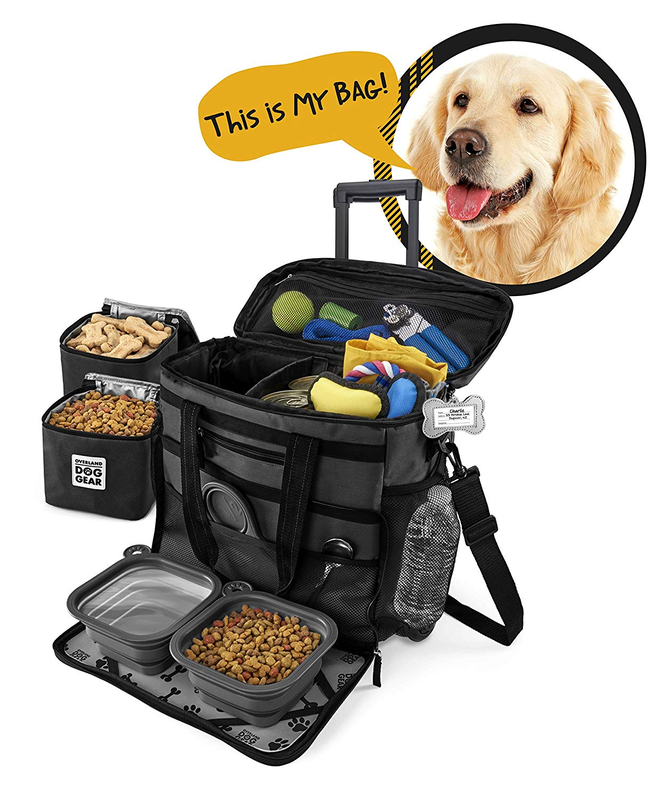
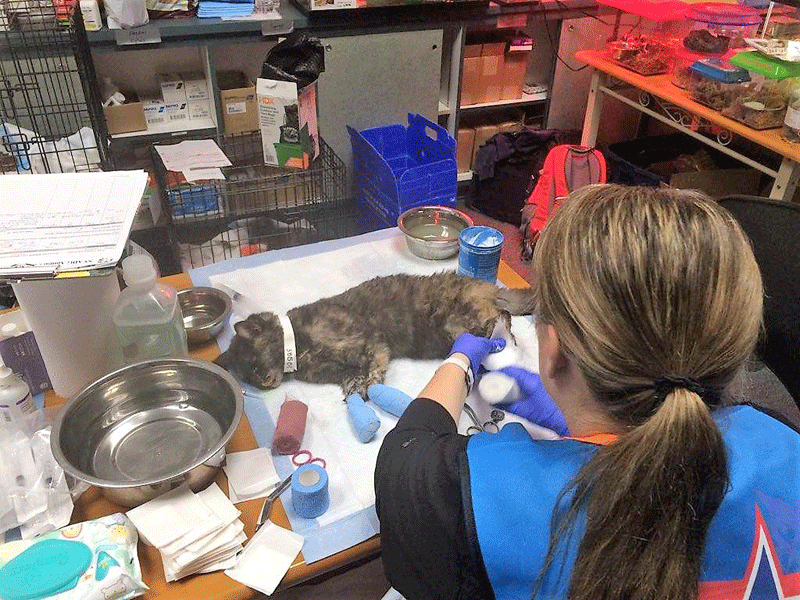
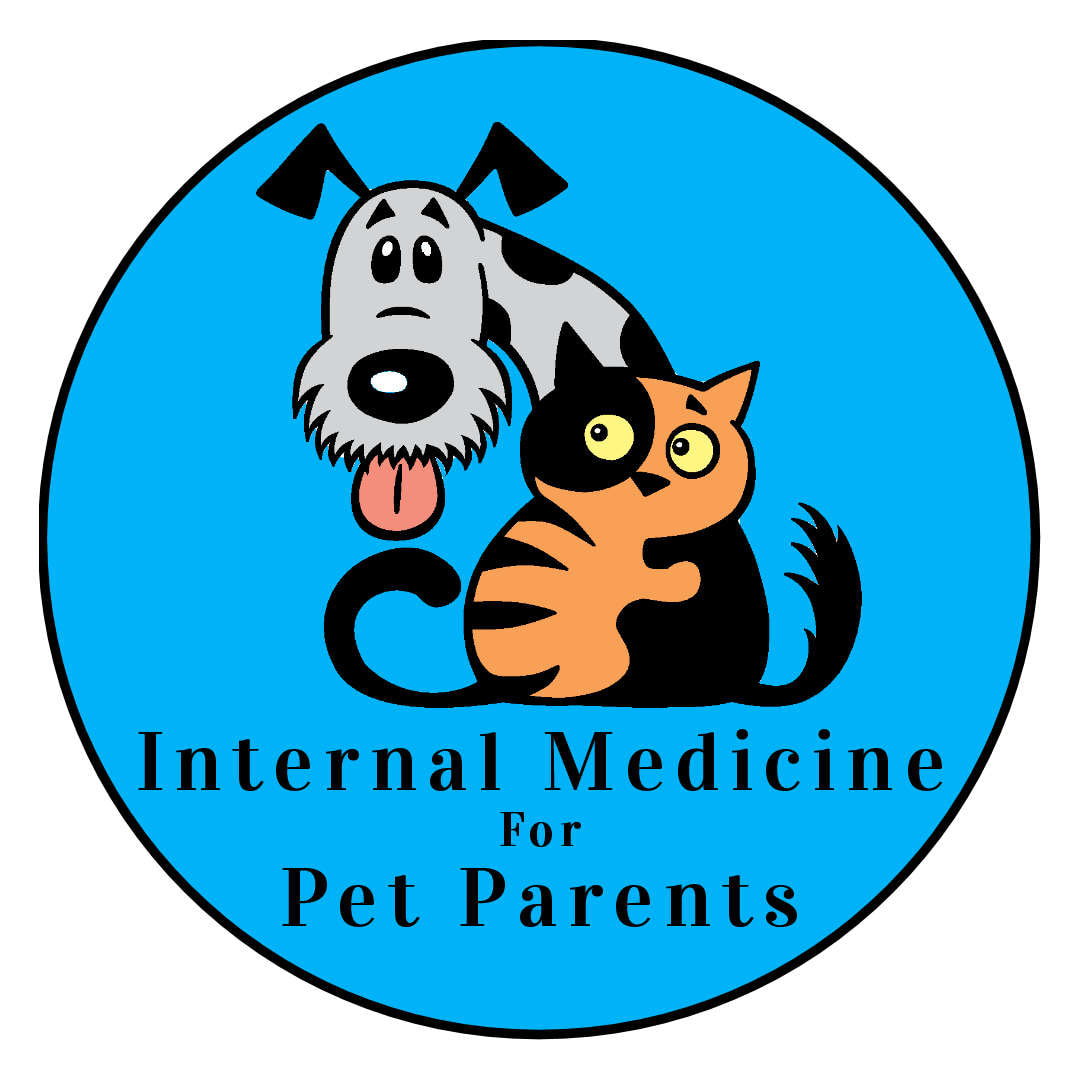
 RSS Feed
RSS Feed